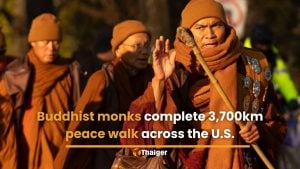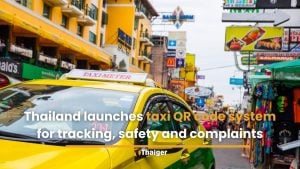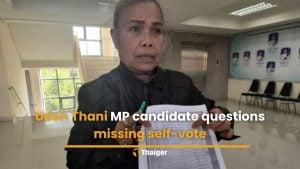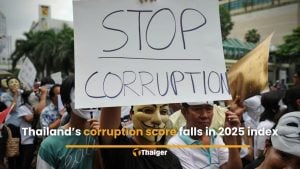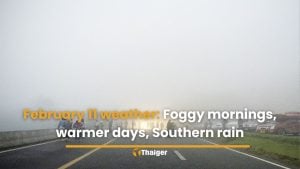West Africa struggles to contain Ebola as warnings and deaths mount
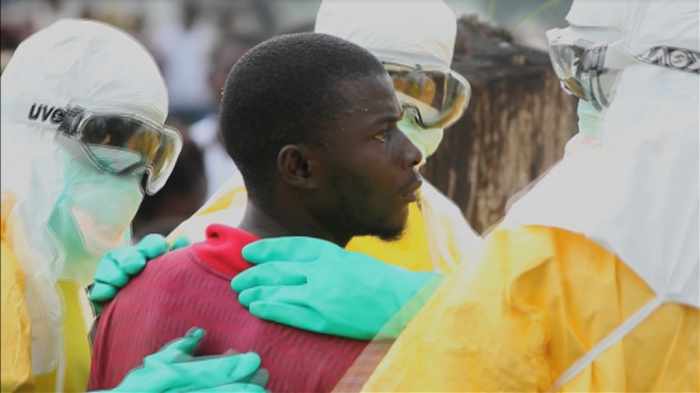
– World news selected by Gazette editors for Phuket’s international community
PHUKET: The United Nations said on Tuesday the spread of the deadly Ebola virus in West Africa was causing food shortages in one of the world’s poorest regions and the U.S. Centers for Disease Control and Prevention warned the disease was threatening the stability of stricken countries and their neighbours.
Doctors in Liberia were out on strike as they struggled to cope with the worst outbreak of Ebola on record, while the global aid organisation Medecins Sans Frontieres (MSF) said 800 more beds for Ebola patients were urgently needed in the Liberian capital Monrovia alone, while in Sierra Leone highly infectious bodies were rotting in the streets.
Governments and aid organizations have scrambled to contain the disease, which according to the World Health Organization (WHO) has killed more than 1,500 in West Africa since March.
In an address to United Nations member states, MSF President Joanne Liu said, “Six months into the worst Ebola epidemic in history, the world is losing the battle to contain it.” She said aid charities and West African governments did not have the capacity to stem the outbreak and needed intervention by foreign states.
Slamming what she called “a global coalition of inaction,” Liu called for the urgent dispatch of field hospitals with isolation wards and mobile medical laboratories.
MSF, also known as Doctors Without Borders, said biological disaster response teams were needed to support West Africa’s buckling healthcare systems.
There are no approved Ebola vaccines or treatments, but as hospitals and Ebola treatment centres battled to contain the disease and tend to the sick and dying, the U.S. Department of Health and Human Services said a federal contract worth up to $42.3 million would help accelerate testing of an experimental Ebola virus treatment being developed by privately held Mapp Biopharmaceutical Inc.
The agency said in a statement that Mapp, based in San Diego, California, would manufacture a small amount of its ZMapp drug, which uses antibodies manufactured in tobacco plants, for early stage safety studies and animal studies needed to prove its effectiveness and safety in people.
ZMapp is one of several treatments for Ebola under development. The drug, although never tested in humans, gained attention this summer when two American aid workers who contracted Ebola in Liberia were cured after receiving it. Their physicians said they did not know if the drug helped.
Human safety trials are due to begin this week on a vaccine from GlaxoSmithKline Plc GSK.L and later this year on one from NewLink Genetics Corp NLNK.O.
The Ebola epidemic in West Africa could infect more than 20,000 people and spread to more countries, the World Health Organization warned last week. With a fatality rate of 52 percent, the death toll stood at 1,552 as of Aug. 26.
Cases of Ebola have been reported in Liberia, Sierra Leone, Guinea, Nigeria, Senegal, and Democratic Republic of Congo. The cases in Congo, which include 31 deaths, are thought to be a separate outbreak and not related to the West African cases.
AMERICAN STRICKEN, MEDICAL STAFF STRIKE
U.S. missionary organization SIM USA said on Tuesday that an American doctor treating obstetrics patients at the ELWA hospital in Monrovia had tested positive for Ebola. The doctor, who was not working in the hospital’s Ebola treatment centre, was in an isolation ward at the hospital and responding well so far, SIM said on its website.
At Monrovia’s John F. Kennedy Medical Center (JFK) scores of staff went on strike to protest against working conditions and unpaid bonuses. Amid shortages of equipment and trained staff, more than 120 healthcare workers have died in West Africa in the Ebola outbreak.
“Health workers have died (fighting Ebola), including medical doctors at … JFK and to have them come to work without food on their table, we think that is pathetic,” George Williams, secretary general of the Health Workers Association of Liberia, told Reuters.
Williams said healthcare workers at JFK, the country’s largest referral hospital, had gone unpaid for two months.
The Liberian strike came a day after healthcare workers at the Connaught hospital in Sierra Leone’s capital Freetown held a one-day protest over pay and conditions.
Staff there returned to work on Tuesday after they said the government settled a backlog of hazard pay and agreed to raise the weekly risk bonus to $100 from $40 for nurses working in Ebola wards and members of burial crews.
Separately, the Liberian government began offering a $1,000 bonus to any healthcare workers who agreed to work in Ebola treatment facilities.
The World Health Organization and other international bodies have rushed to support healthcare systems in affected countries, but additional staff and resources have been slow to arrive.
PRICES SURGE, OBAMA ADDRESSES WEST AFRICANS
In Monrovia, Medecins Sans Frontieres said its new ELWA 3 centre, which has 160 beds, was overflowing with patients. “Every day we have to turn sick people away because we are too full,” said Stefan Liljegren, MSF coordinator at the site.
Further pressuring the ability of the region’s governments to spend money on healthcare, the epidemic has put harvests at risk and sent food prices soaring in West Africa, the U.N. Food and Agriculture Organization (FAO) said. The agency issued an alert over food security for Liberia, Sierra Leone and Guinea, which are most affected by the outbreak.
Restrictions on people’s movements and establishment of quarantine zones to contain the spread of the haemorrhagic fever have led to panic buying, food shortages and price hikes.
“Even prior to the Ebola outbreak, households in some of the most affected areas were spending up to 80 percent of their incomes on food,” said Vincent Martin, head of an FAO unit in Dakar coordinating the agency’s response. “Now these latest price spikes are effectively putting food completely out of their reach.”
The director of the U.S. Centers for Disease Control and Prevention, Dr. Thomas Frieden, said he expected the outbreak to accelerate and urged governments to act now.
“We’re likely to see significant increases in cases. Already we have widespread transmission Liberia. In Sierra Leone, we’re seeing strong signs that that will happen in the near future,” he said.
Frieden said the outbreak was the first epidemic of Ebola the world has ever known, meaning it was spreading widely in society and “threatening the stability” of affected and neighbouring countries.
Frieden, who has been briefing U.S. President Barack Obama on the outbreak, said there was still a window of opportunity, but “that window is closing.”
“We need action now to scale up the response. We know how to stop Ebola. The challenge is to scale it up to the massive levels needed to stop this outbreak,” he said.
“The virus is moving faster than anyone anticipated. We need to move fast.”
In a video message to West Africans in Liberia, Sierra Leone, Guinea and Nigeria and released on YouTube, Obama affirmed the United States’ support in the fight against Ebola and attempted to dispel some myths about how it is spread. https://www.youtube.com/watch?v=gFKMYY-2A2k
“Ebola is not spread through the air like the flu. You cannot get it from casual
— Phuket Gazette Editors
Latest Thailand News
Follow The Thaiger on Google News:













